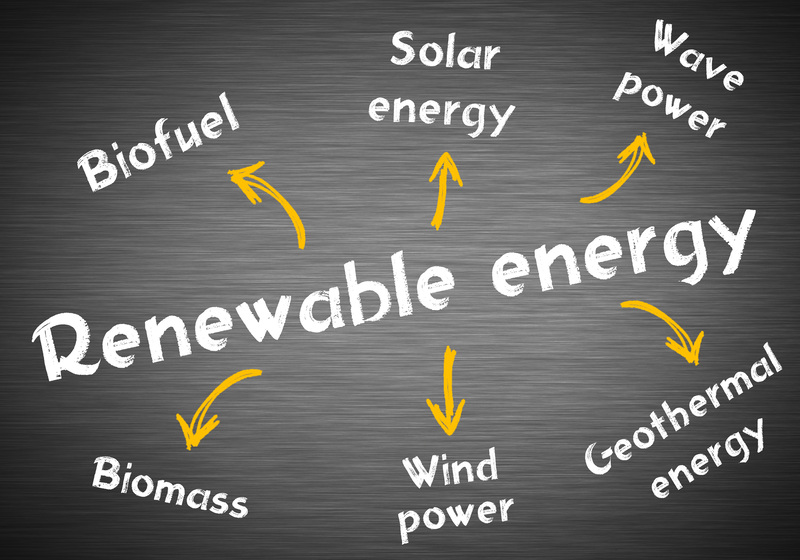Industry welcomes government's move towards increased e-waste recycling
Posted on 20/10/2025
Electronic waste, or e-waste, is a growing concern for both the environment and public health. With the rapid growth of technology, the amount of electronic devices being disposed of has skyrocketed in recent years. This has led to a global crisis, with millions of tons of e-waste ending up in landfills each year. In response to this issue, governments around the world are beginning to take action towards increased e-waste recycling. The industry has welcomed these efforts and is looking forward to the positive impact it will have on the environment and society as a whole.
With the rise of electronic devices, such as smartphones, laptops, and tablets, comes an inevitable increase in e-waste. These devices contain toxic chemicals that can be harmful to both humans and the environment if not properly disposed of. When thrown into landfills, these toxic substances can leak into the soil and water sources, polluting them for years to come. E-waste also contains valuable materials such as gold, silver, and copper that can be recovered through recycling rather than being left to sit in landfills. Recognizing these issues, governments have started implementing policies to encourage increased e-waste recycling.
One example of government action is India's new e-waste rules, which require producers to collect a certain percentage of their products for recycling purposes. This move by the Indian government has been welcomed by the industry as it will encourage companies to design products with recyclability in mind. It will also create more jobs in e-waste management and recycling industries, providing economic benefits while promoting sustainable development.
The European Union has also taken steps towards reducing e-waste by passing the Waste Electrical and Electronic Equipment (WEEE) Directive. This directive holds producers responsible for collecting and properly disposing of their products at the end of their life cycle. It also sets targets for member countries to recycle a certain percentage of e-waste generated each year. These efforts have resulted in a significant increase in e-waste recycling and have led to the recovery of valuable materials that can be reused in new products.
The United States is also taking action towards increased e-waste recycling, with several states passing e-waste recycling legislation. For example, California requires all businesses and households to recycle their electronic devices, while New York has a manufacturer-funded e-waste recycling program. These programs have not only reduced the amount of e-waste being sent to landfills but have also created job opportunities in the recycling industry.
The industry welcomes these government actions as they provide a clear framework for responsible and sustainable handling of e-waste. It also allows companies to meet their social and environmental responsibilities while promoting a circular economy. Recycling electronic devices conserves resources, reduces energy consumption, and decreases greenhouse gas emissions. It also helps protect human health by preventing the release of toxic chemicals into the environment.
However, there are still some challenges that need to be addressed in order to fully tackle the e-waste problem. One major issue is the lack of infrastructure and technology for proper recycling in many developing countries. This results in a large portion of e-waste being exported to these countries, causing harm to their environment and communities. There is also a need for better education and awareness among consumers on the importance of responsible disposal of electronic devices.
Tips for responsible e-waste disposal:
1. Look for recycling options: Many retailers offer electronic device take-back programs or have designated drop-off locations for e-waste.
2. Delete all personal data: Before disposing of your device, make sure to remove all personal information by resetting it to factory settings.
3. Donate: If your device is still functioning, consider donating it instead of throwing it away.
4. Find a certified recycler: Look for recyclers that are certified by recognized organizations such as R2 or e-Stewards.
5. Recycle batteries separately: Batteries contain toxic chemicals and should be recycled separately at designated drop-off locations.


Takeaways:
- Governments around the world are taking action towards increased e-waste recycling to reduce environmental and health risks.
- The industry welcomes these efforts and sees it as an opportunity for sustainable development and responsible business practices.
- Proper e-waste management can lead to resource conservation, energy savings, and reduced greenhouse gas emissions.
- There is a need for improved infrastructure, technology, and consumer awareness to effectively address the e-waste problem.
Conclusion
In conclusion, the move towards increased e-waste recycling by governments is a step in the right direction to tackle the growing issue of electronic waste. It not only benefits the environment but also creates economic opportunities and promotes responsible consumption. However, there is still more work to be done in terms of infrastructure, technology, and education in order to fully address this global crisis. As individuals and as a society, we must take responsibility for our electronic devices and ensure they are properly disposed of to protect our planet for future generations.
Latest Posts
From Eyesore to Masterpiece: When Garbage Becomes Art
Industry welcomes government's move towards increased e-waste recycling

 020 8610 9486
020 8610 9486










